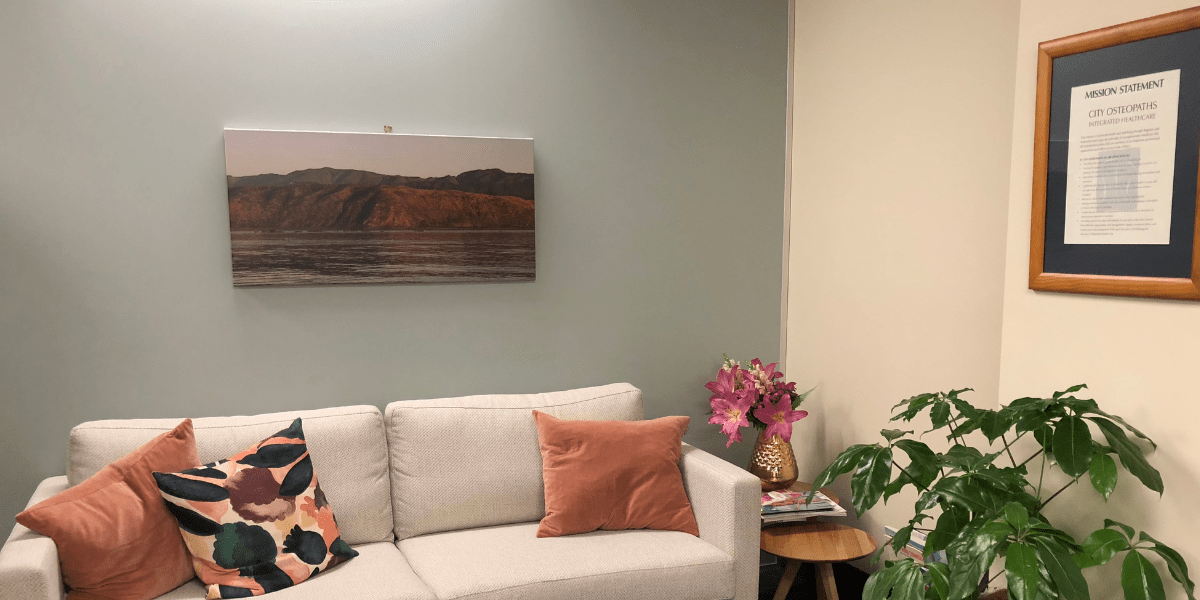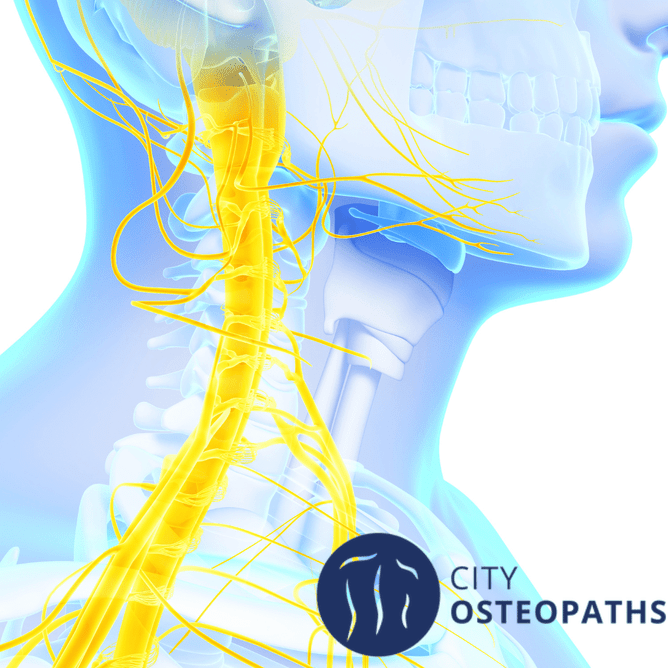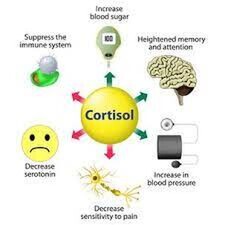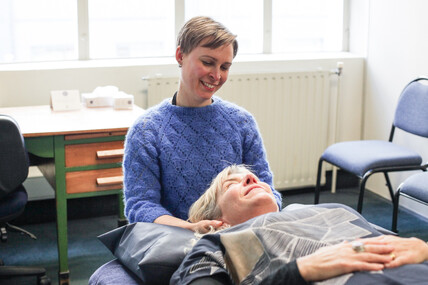The vagus nerve is your body’s longest nerve, and the biggest parasympathetic nerve in your body. The parasympathetic nervous system is responsible for the 'rest and digest' functions in your body.
The vagus nerve is the tenth cranial nerve, and runs from your skull down both sides of the neck and chest to your abdomen and internal organs.
The word vagus stems from a latin word for wanderer, which describes the nature of the vagus nerve well, since it wanders to most organs on its way through the body.
When stressed, our body responds by going into 'fight or flight' mode, which is the sympathetic nervous system’s job. Most people nowadays are spending most of their time in that state, which causes a plethora of problems. You can read more about stress in this article
Stimulating the vagus nerve is one way of helping your body come back from the constant fight or flight and to regulate your nervous system so that the body can relax, digest your food and heal.
Most of the information in the vagus nerve runs from bottom up, ie from the organs, like the intestines, to your brain. That is why activities like deep breathing can help you relax.
Here are some tips on how to stimulate the vagus nerve and help you to relax and get to a state of healing:
● Because of the way the nerve runs at the back of your throat, humming, chanting, gargling and singing all create a vibration that stimulates the nerve
● Laughing (and socialising), for the same reason as above, but also, you can’t be really socially engaged without being in parasympathetic state (remember to be fully present in the situation)
● Deep breathing stimulates the vagus nerve: take deep, slow and mindful breaths into your belly using your diaphragm, and keep the exhalation double as long as the inhalation to get full benefits
● Cold immersion has been shown to increase vagus nerve tone, so ending your morning shower with 30s to a few minutes of cold water immersion can be helpful. It is important to stay calm as you turn the water colder and move around. This trains your nervous system to stay calm under stress. If a cold shower is too much, you can just begin by immersing your face in cold water for short periods.
● Meditation and mindfulness
● Massage, especially foot massage and back massage
● Devices like Sensate that vibrate on your sternum
● Osteopathy in the cranial field is a very efficient way of stimulating your parasympathetic nervous system and getting the body into a space where it can heal itself. People feel remarkably relaxed during and after the treatment, and sleep usually improves.
That is a lot of advice, and there is no point in doing them all. Choose one or two that resonate with you, and try them out. Some might work better for you, and some for others, so you might have to go through some trial and error before you find the perfect routine for yourself. Don’t be afraid to quit a practice that is causing you more stress than helping, there are heaps to choose from! And if you have any questions, or don’t know where to start, coming to see one of our osteopaths is a good way of getting a good reset for your nervous system.
References:
Forsythe P, Bienenstock J, Kunze WA. Vagal pathways for microbiome-brain-gut axis communication. Adv Exp Med Biol. 2014;817:115-133. doi:10.1007/978-1-4939-0897-4_5
Kalyani BG, Venkatasubramanian G, Arasappa R, et al. Neurohemodynamic correlates of 'OM' chanting: A pilot functional magnetic resonance imaging study. Int J Yoga. 2011;4(1):3-6. doi:10.4103/0973-6131.78171
Kok BE, Coffey KA, Cohn MA, et al. How positive emotions build physical health: perceived positive social connections account for the upward spiral between positive emotions and vagal tone [published correction appears in Psychol Sci. 2016 Jun;27(6):931]. Psychol Sci. 2013;24(7):1123-1132. doi:10.1177/0956797612470827
To find out more about the author Venla, click here
